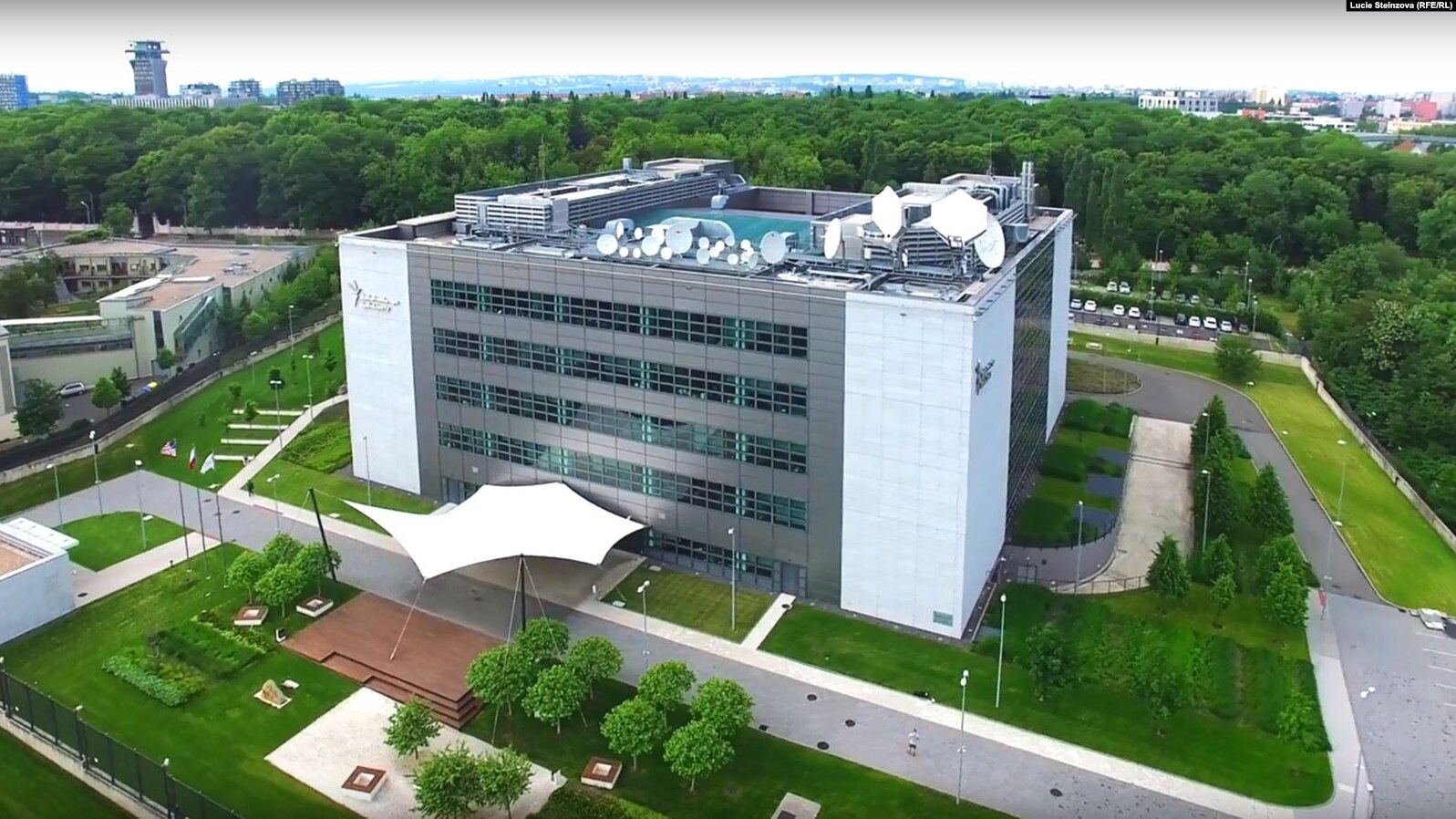RFE/RL protests Russian court’s rejection of labeling fine appeal

Washington, D.C. — Radio Free Europe/Radio Liberty (RFE/RL) protested a Russian court’s rejection today of the first five appeals of fines levied against the public service media outlet for violating regulations mandating intrusive labeling of content seen by its Russian audiences. RFE/RL reaffirmed its commitment to continuing to serve its growing audience in Russia, despite intense Kremlin pressure.
RFE/RL President Jamie Fly said, “RFE/RL rejects the imposition of these fines, and does not accept the Russian court’s decision to strike down our appeal of them. We consider Russian Internet regulator Roskomnadzor’s self-labeling regulations — in fact orders to deface our content platforms and intimidate our audiences — to be a state-sponsored assault on media freedom that violates the Russian Constitution and Russia’s media law. RFE/RL will continue to object, protest, and appeal these requirements.”
Fly continued, “RFE/RL will not abandon our growing audience in Russia, who continue to engage with our objective and independent journalism despite the Kremlin’s pressure campaign. RFE/RL will not be deterred by these blatant attempts to influence our editorial independence and undermine our ability to reach our audience at a moment when the Russian people are demanding the truth.”
The government of Russian President Vladimir Putin has over the past two decades put increasing restrictions on RFE/RL’s ability to engage with audiences in Russia — first by limiting RFE/RL’s ability to work with local affiliates to rebroadcast radio programming, and later via ever more restrictive “foreign agent” media legislation that expressly targets RFE/RL’s Russian Service, the 24/7 Current Time network, four Russia-focused local reporting projects, a Russia-focused fact-checking website, RFE/RL’s Tatar-Bashkir Service, and the RFE/RL Ukrainian Service’s three-language Crimea.Realities project.
Under the “foreign agent” law, Russia’s Internet regulator, Roskomnadzor, has in recent months enacted and begun enforcement of rules for the self-labeling of content that originates from a “foreign agent” media outlet. Since January 14, 2021 Roskomnadzor has opened 260 cases against RFE/RL for violations of these rules; fines have already been levied by a court in Moscow in 142 cases, and we anticipate that this current round of cases will result in a total amount of fines of $980,000 (71.5 million rubles).
Roskomnadzor’s self-labeling rules require that RFE/RL label every piece of text, video, audio, or social media content with a prominent, state-mandated disclaimer. Video content is obligated to carry a 15-second disclaimer at the start of each clip, and disclaimers published with text articles and social media posts must be published in a font size twice that of the text.
Even as the company continues to appeal the Kremlin’s actions, it now faces a deadline of sixty days to comply with the law and pay the relevant fines or face potential closure of its operations inside Russia.
Over the past five years, RFE/RL has nearly doubled its audience in Russia to a current weekly reach of at least 6.5% of Russian adults, or nearly 6.7 million people. RFE/RL’s several Russian-language reporting projects provide audiences reporting on news events throughout their own country that they otherwise lack, and a chance to engage with people, places and stories Russia’s own media outlets won’t show. Between October 2019 and September 2020, Current Time-produced videos were viewed more than 1.5 billion times on social media platforms, and the number of subscribers to Current Time’s social media pages more than doubled to over 5 million; online audiences for RFE/RL’s Russian Service also grew dramatically, with 250 million video views on all media platforms in calendar year 2020.
About RFE/RL
Radio Free Europe / Radio Liberty is a private, independent international news organization whose programs — radio, Internet, television, and mobile — reach influential audiences in 23 countries, including Russia, Ukraine, Iran, Afghanistan, Pakistan, the republics of Central Asia and the Caucasus. It is funded by the U.S. Congress through USAGM.
Find out more
Contact Martins Zvaners
Deputy Director of Media and Public Affairs, Washington, DC
- zvanersm@rferl.org
- (202) 457-6948

